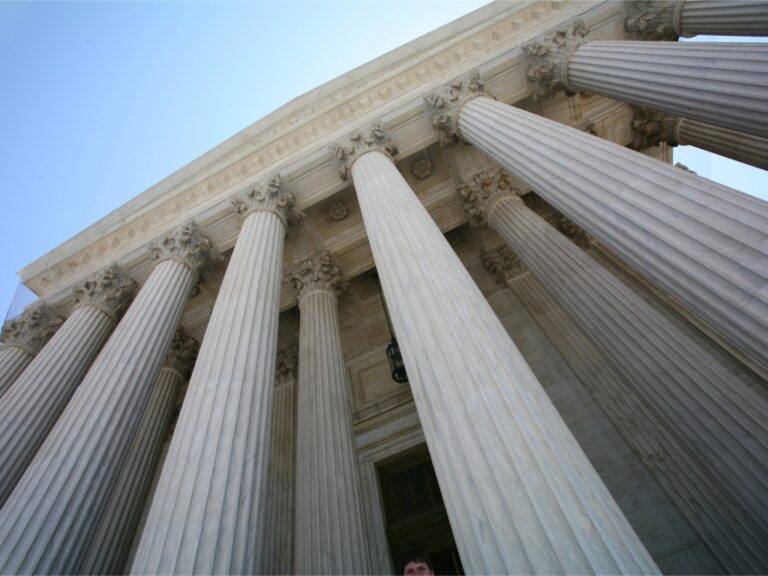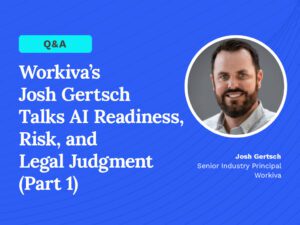How Does Ending the Chevron Deference Reshape APA Litigation?
July 29, 2024

Attorneys from the Hollingsworth firm writing in Bloomberg Law discussed the US Supreme Court’s June 28 decision in Loper Bright Enterprises v. Raimondo, which had allowed federal agencies to interpret statutes they administer, ending the Chevron deference.
The new ruling holds that the Administrative Procedure Act (APA) does not grant special interpretative authority to agencies and that stare decisis requires more than a past decision using Chevron doctrine to revisit established precedents.
The article states this decision levels the playing field for APA challenges, as courts will now interpret regulations without agency bias. This may increase APA challenges, as litigants previously deterred by Chevron’s difficulty or waiting for the Loper Bright decision may now proceed. However, the decision provides only a narrow path for challenging regulations previously upheld under Chevron.
Stare decisis generally prevents courts from revisiting past decisions unless there is a “special justification.” The Supreme Court’s Loper Bright decision evaluated the quality of earlier reasoning and other factors like rule workability and public reliance. The key issue is whether Loper Bright lowers the threshold for courts to find justifications to disregard past Chevron-based rulings. If Chevron’s flawed reasoning affects related decisions, courts might revisit these rulings, particularly if they create unworkable rules.
Loper Bright also questions the future of other judicial deference types, notably Auer deference, which grants agencies significant authority to interpret their regulations. In 2019, Kisor v. Wilkie limited Auer deference without overruling it, citing Congressional intent and stare decisis. Loper Bright’s rejection of similar arguments suggests that Auer could also fall, shifting more interpretative power from agencies to courts.
The writers highlight that this shift signifies a generational change in APA litigation, opening opportunities to shape the regulatory landscape for businesses and individuals and that the post-Chevron era will require new laws to address these changes.
Critical intelligence for general counsel
Stay on top of the latest news, solutions and best practices by reading Daily Updates from Today's General Counsel.
Daily Updates
Sign up for our free daily newsletter for the latest news and business legal developments.




